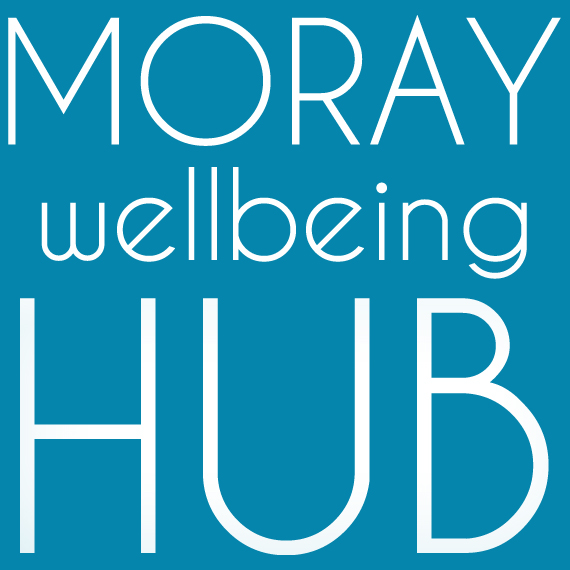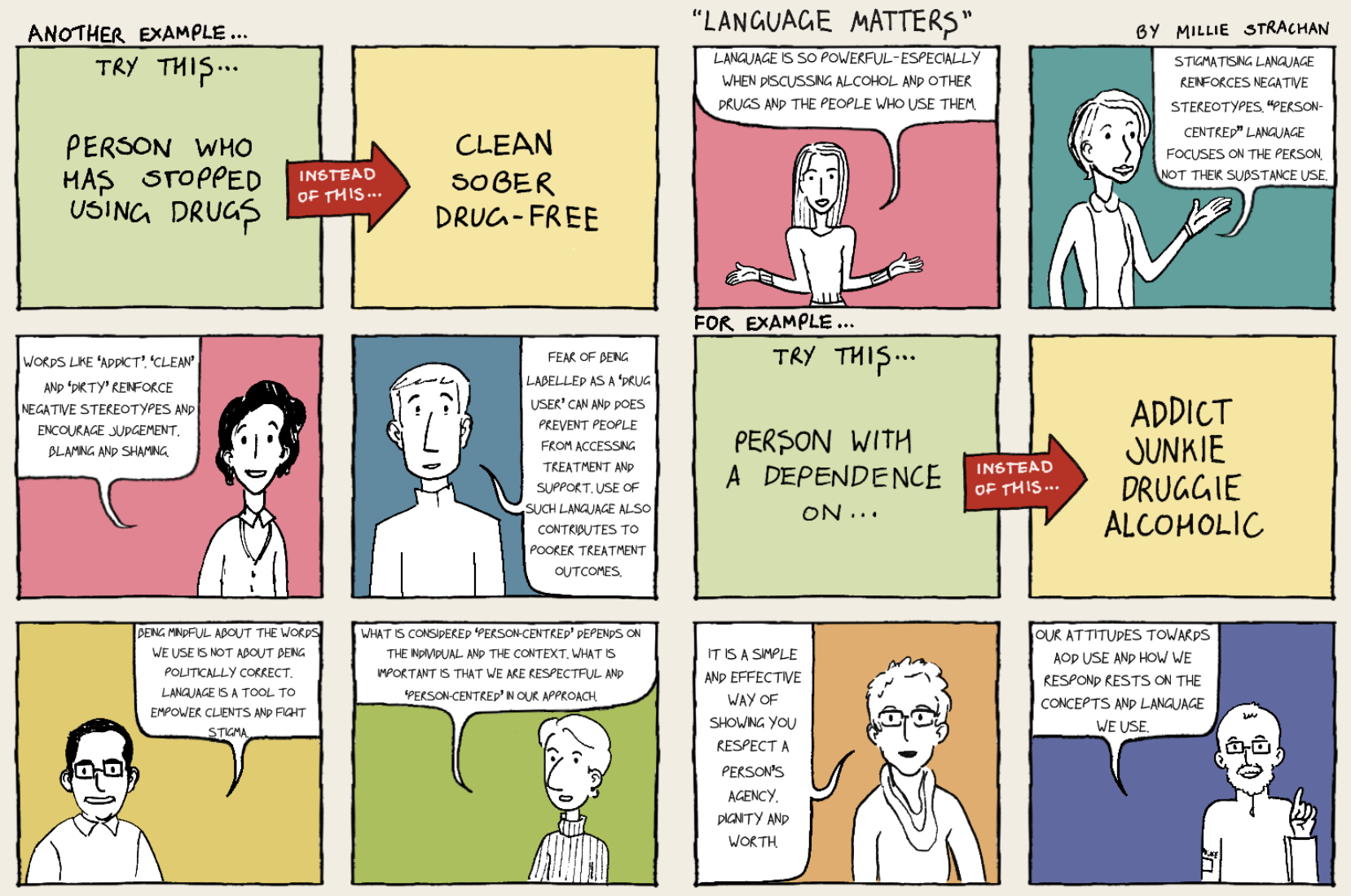A drug or alcohol problem is a health condition. People should receive help and support, not judgement.
A national campaign highlighting the damage caused by the stigma of problem drug and alcohol use, has been launched by the Scottish Government.
Television and newspaper adverts and posters on billboards will emphasise that a drug or alcohol problem is a health condition for which people should receive help and support rather than judgement.
Drug and alcohol stigma:
- stops people who need treatment and support from getting help
- affects the friends and family of people struggling with an alcohol or drug problem
- affects organisations and people who provide support
People struggling with an alcohol or drug problem should get the same support and treatment as those with any other health condition. This should be without fear of judgment. Together we can end the stigma around drug and alcohol use. We can do this by having a kinder approach to those affected by problem substance use. This should focus on understanding, hope and kindness.
Angela Constance, the Minister for Drugs Policy Minister, said: “Stigma is damaging not only to the individual in terms of their mental health and sense of self-worth but it also discourages them from coming forward to get the help they need.
“We must remember that people with a substance use problem are family members, neighbours, friends and colleagues. By addressing stigma, and the silence and alienation it causes, we make it easier for people to seek help and that is to the benefit of each and every one of us.”
Stigma affects individuals, families and communities. Self-stigma is when a person feels unworthy of help and results in people excluding themselves from services. People with a drug or alcohol problem often see themselves in a way that reflects the prejudice and judgment of others. Sometimes this overrides any sense of self-worth or self-esteem. There are also strong links between stigma, self-stigma, wellbeing and mental health problems.
Stigma results in people with a drug or alcohol problem being left out or ignored. They may also be excluded from services. A wider stigma in society means this is seen as okay.
People might also feel uncomfortable asking for help and can then reach a crisis point. This also stops issues in mental and physical health, housing or debt being addressed. People in early recovery can be worried about how other people will react to them as someone in recovery with experience of problem substance use. They can also experience stigma in volunteer work, training, education or employment.
Families often play an important part in the care of their loved ones. However, stigma can prevent family members from getting support for themselves or a loved one. It can also lead to people feeling that they do not deserve support or sympathy when there is a substance-related death in the family.
You can help challenge stigma by speaking up when you hear people around you make negative or wrong comments about people with a drug or alcohol problem. Remember that a drug or alcohol problem should be treated as a health condition. This means that those affected should get the same support as those dealing with a health issue.
Think about the language used when talking about someone with a drug or alcohol problem. Are you using language that is judgmental? Don’t define or group the person based on their drug or alcohol problem. The negative labels applied to people who have a drug or alcohol problem can stop people from getting the support they need.
Non-urgent advice : Try using these terms instead
- person with problematic substance use
- person with harmful alcohol use
- person with problematic drug use
- abstinent/person who has stopped using drugs
- substance use
Urgent advice : Don’t
- do not use addict
- do not use alcoholic
- do not use junkie
- do not use clean
- do not use substance abuse
The Drugs Death Taskforce developed a stigma charter that all organisations, including businesses and community groups, can use. This shows a commitment to creating a Scotland that is free from stigma. It is important to listen to and work with people who have experienced problem substance (drug or alcohol) use. Creating a stigma-free Scotland requires shared responsibility, commitment and action. We all have a part to play.
If you or someone you know is struggling with their drug or alcohol use, you can find out more about the support available:







